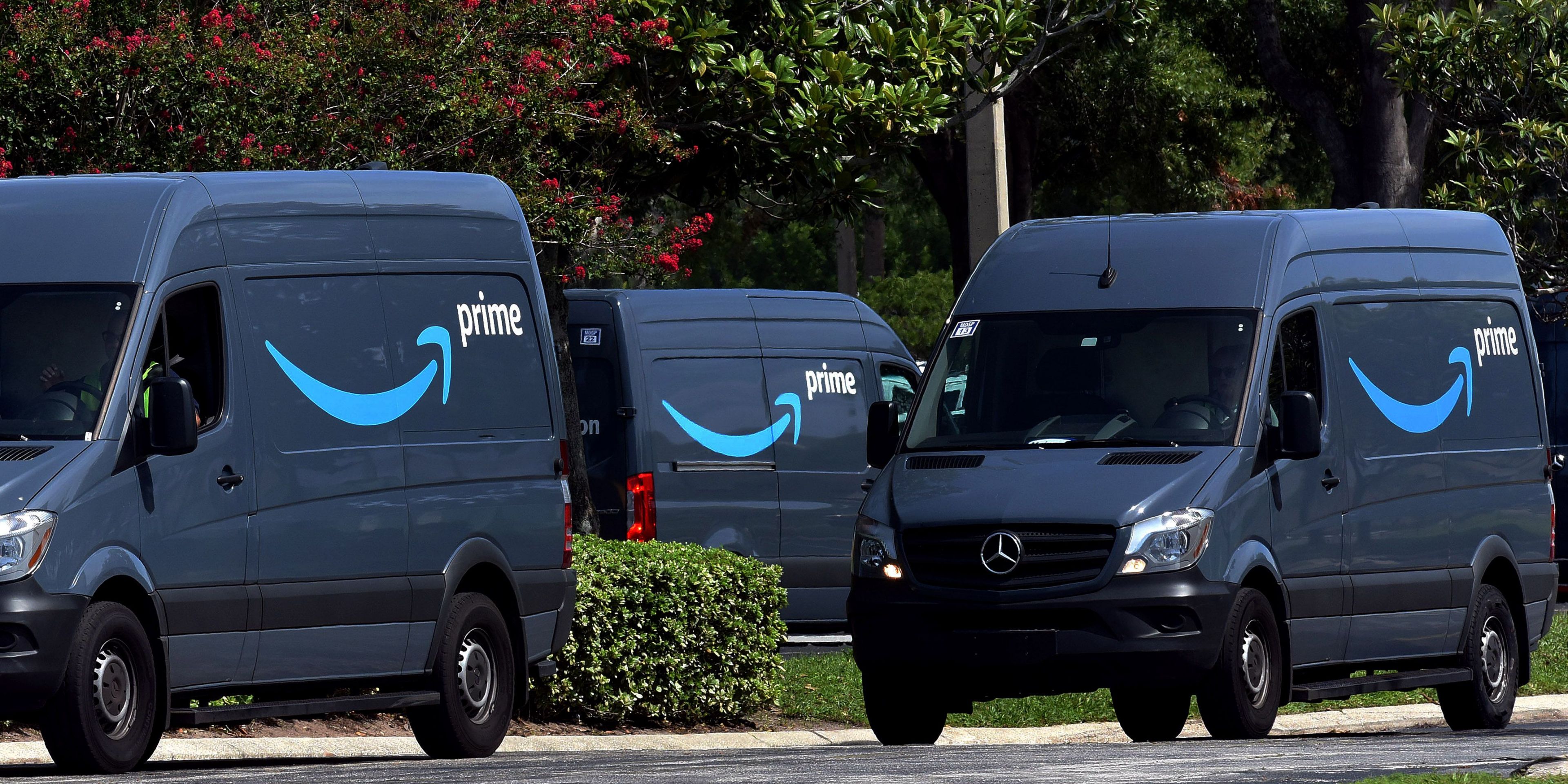Millions of Amazon Prime users may have noticed longer delivery times on many items over the past few weeks, and it's no surprise why. As has been the case for most of the world's typical operations, Amazon's output is indirectly impacted by COVID-19. The company is working to mitigate issues brought on by the virus in all sections of its shopping pipeline.
The usual Amazon Prime standard is that subscribers get free two-day shipping on orders fulfilled by Amazon (in addition to a suite of other benefits). Since introducing the service, Amazon has added a staggering variety of products to its Prime list; a decision that has led to the dozens of Amazon warehouses across the world. Despite its reputation as a way to purchase items that are hard to find in stores, a significant portion of Amazon's business is selling everyday items to people who would simply prefer shopping from home rather than going to a store, regardless of physical retail stock.
One such category, the household staples section, is being hit especially hard, according to the Amazon blog. The combination of bulk purchases from customers, a lack of supply from manufacturers, and the overall unpredictability of the world's responses to the pandemic have caused a bottleneck in Amazon's delivery chain. The company also cites increased delivery volume caused by the dramatic increase in people shopping from home, even if they're purchasing items from other departments.
Amazon's Response to COVID-19
In addition to struggling with Prime delivery promises, Amazon is battling the coronavirus pandemic on multiple fronts. As it has grown, Amazon now deals in physical stores with its Amazon Go grocery chain, and also generates significant revenue from Amazon Web Services. For AWS partners, Amazon is trying to provide easier access to cloud computing to ease the transition to working from home. The company is also leveraging AWS servers to aid in COVID-19 research computing. Amazon Go workers and many people employed in Amazon warehouses are receiving paid time off. For those still commuting to Amazon-owned locations, sanitation efforts have been improved, with cleaning crews now running regular disinfectant passes in high-traffic areas.
In a refreshingly humanitarian move, Amazon is also offering a grant to Seattle-based businesses located near its main offices. The Neighborhood Small Business Relief Fund, aimed at companies generating less than $7 million annually, is available for businesses suffering due to a lack of foot traffic as a result of the recommended social isolation to combat COVID-19. Additionally, Amazon is increasing its efforts to prevent online sellers on the website from gouging prices on high-demand, essential items like toilet paper and cleaning supplies. The company announced it has removed items with artificial price increases intended to take advantage of customers.
Source: Amazon


